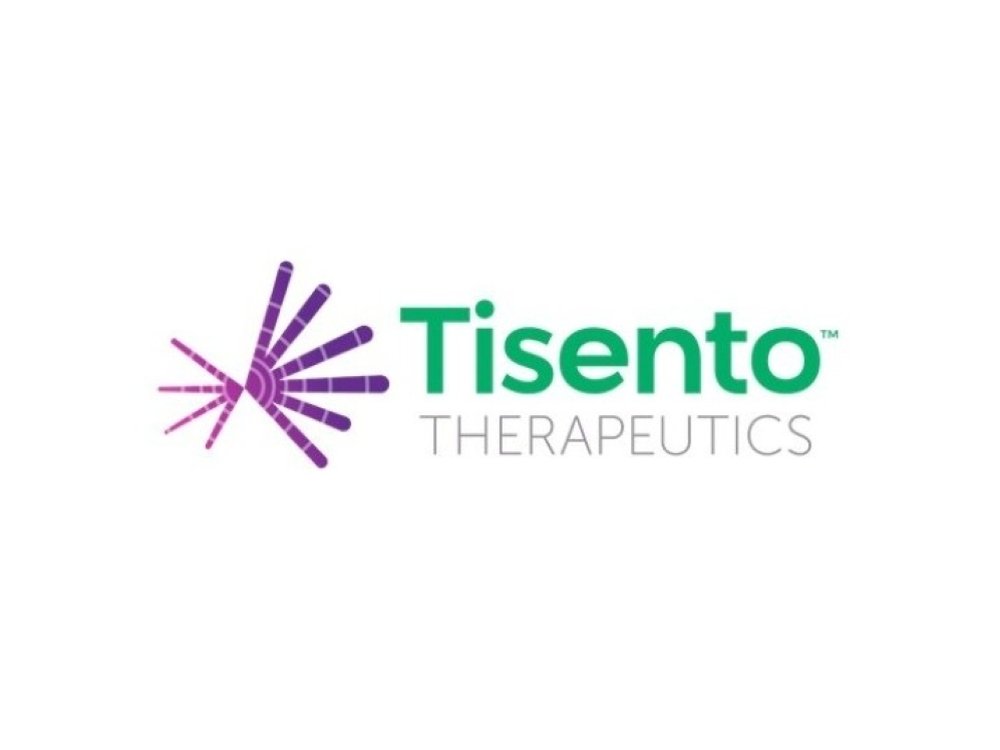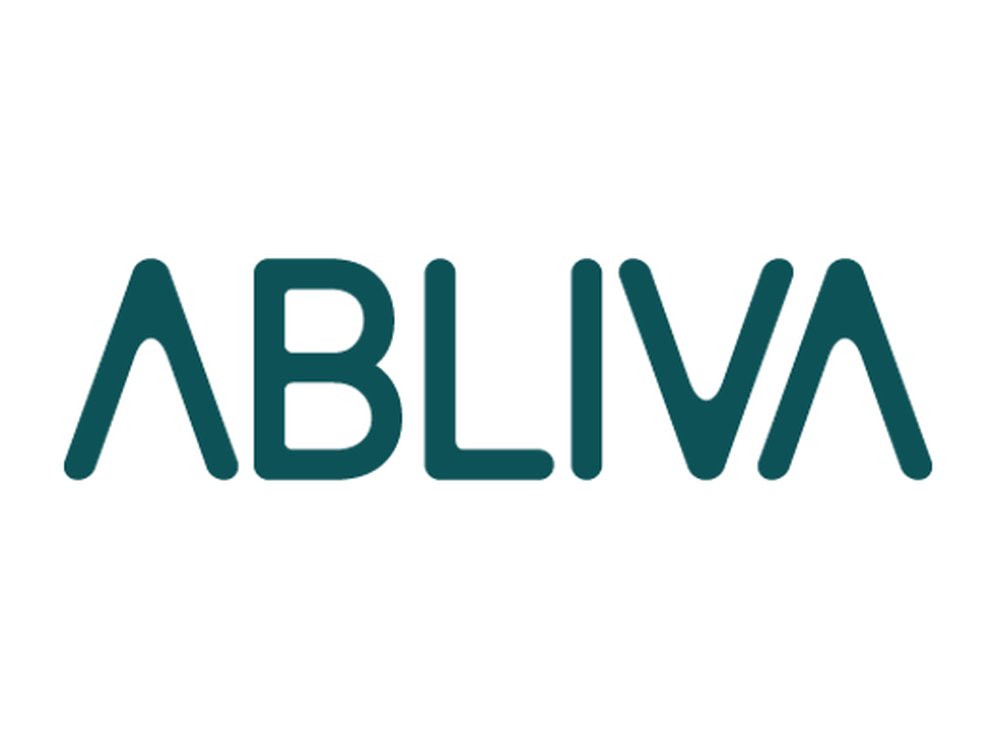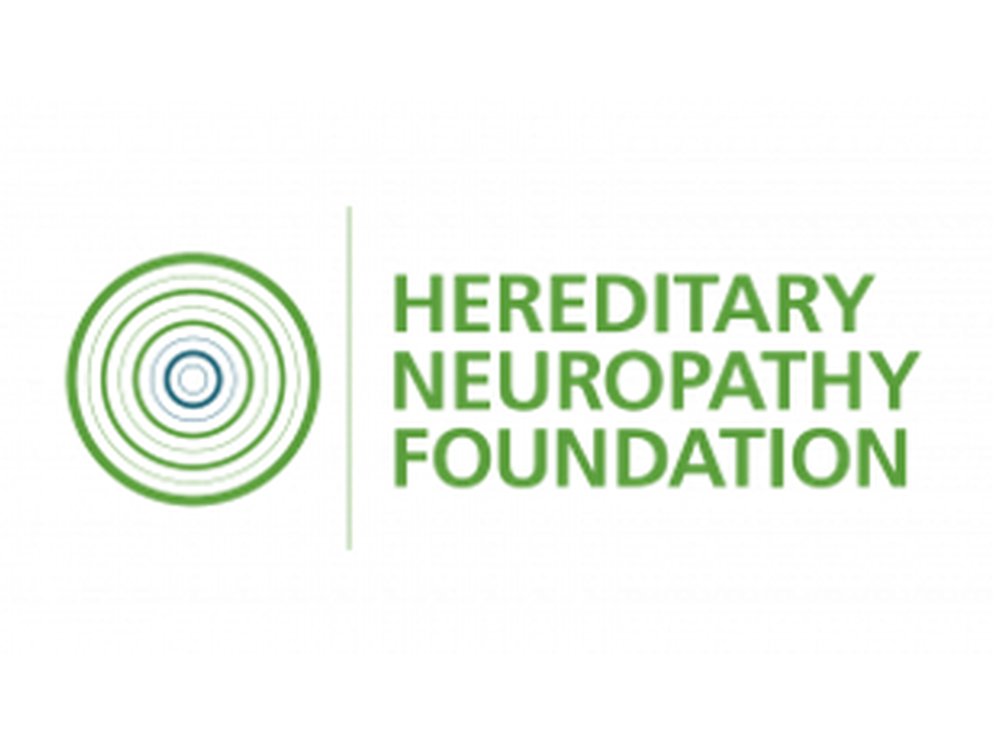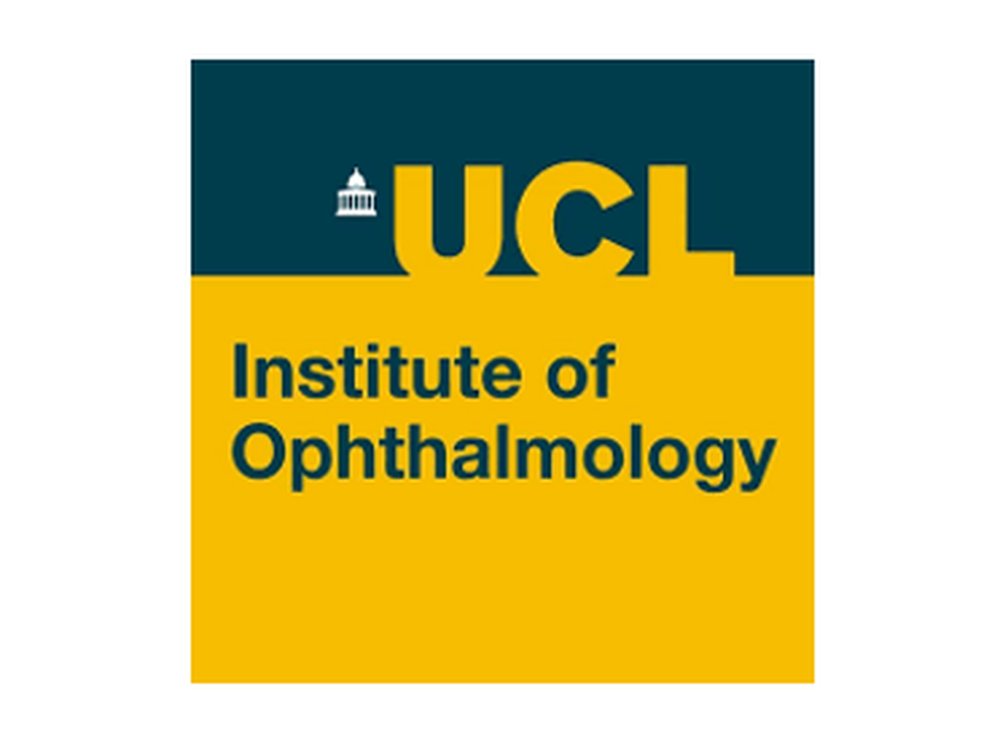Current UK trials and research studies in mitochondrial disease
When it comes to mitochondrial disease, The Lily Foundation form a vital connection between families affected by the condition and the scientific community. We like to think of ourselves as the bridge between clinical insights and the personal experiences of patients.
How The Lily Foundation supports research participation
Through strong partnerships with researchers worldwide, we’re able to provide essential input on study design, research priorities and patient needs. Our relationships with these teams enable Lily patients and families to participate in cutting-edge studies that contribute to advancing treatments and moving closer to a cure.
Current UK mitochondrial disease research studies
We’ve gathered together details of all current mitochondrial disease research studies in the UK, including eligibility criteria and contact information. This resource helps patients and families find studies they may qualify for and feel better informed about participation options. We would always recommend discussing any research participation with your doctor before taking part to ensure you understand any risks and potential benefits.
Why participate in mitochondrial disease research?
By joining a research study, patients can play a crucial role in advancing our understanding of mitochondrial disease. Every participant contributes valuable data that brings us one step closer to effective treatments and, ultimately, a cure.









